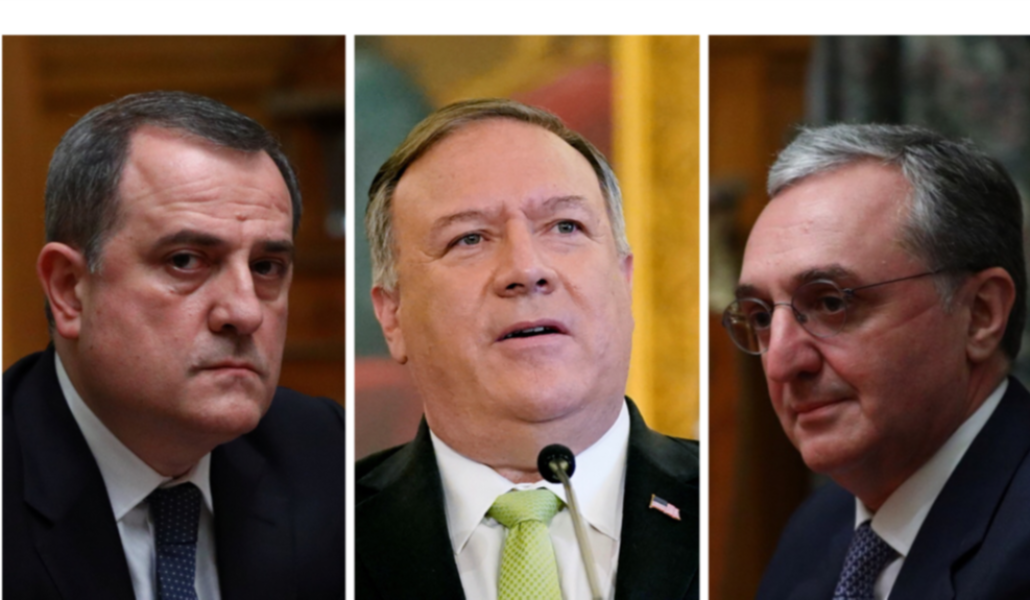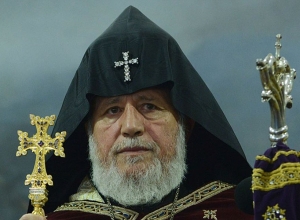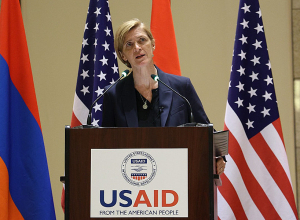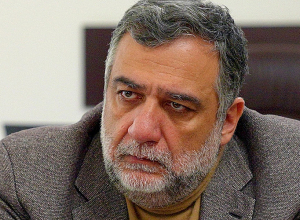
Pompeo to host Armenian, Azerbaijani foreign ministers amid deadly clashes (video)
Support A1+!The visits offer the Trump administration a chance to showcase an attempt at global leadership just days before President Donald Trump faces reelection.
The visits offer the Trump administration a chance to showcase an attempt at global leadership just days before President Donald Trump faces reelection.
What’s happening: The foreign ministers of Azerbaijan and Armenia, two countries at war with each other, are scheduled to separately meet with Secretary of State Mike Pompeo in Washington on Friday. It’s not clear whether the envoys will meet with each other or whether U.S. officials will try to convene a trilateral session. But their same-day visits signal that the U.S. is deepening its efforts to tamp down the resurgent conflict, which has reportedly killed hundreds of combatants and civilians since late September.
The visits also offer the Trump administration a chance to showcase an attempt at global leadership just days before President Donald Trump faces reelection. According to U.S. government documents seen by POLITICO, Azerbaijan Foreign Minister Jeyhun Bayramov will meet first with Pompeo on Friday morning. His Armenian counterpart, Zohrab Mnatsakanyan, will meet shortly afterward with the U.S. secretary of State. The State Department also did not respond to an email seeking comment. In an interview on Monday, Azerbaijan’s ambassador to the United States, Elin Suleymanov, did not rule out the possibility of an encounter between the Armenian and Azerbaijan ministers during their Washington stay. Ideally, he said, the two countries can resume meaningful negotiations soon. “We want a substantive conversation,” he stressed. Armenia’s ambassador in Washington, Varuzhan Nersesyan, praised Pompeo for recently chiding Turkey over its support for Azerbaijan during the conflict. “We see no alternative to the peaceful resolution of this conflict based on mutual compromises,” Nersesyan said in an interview.



